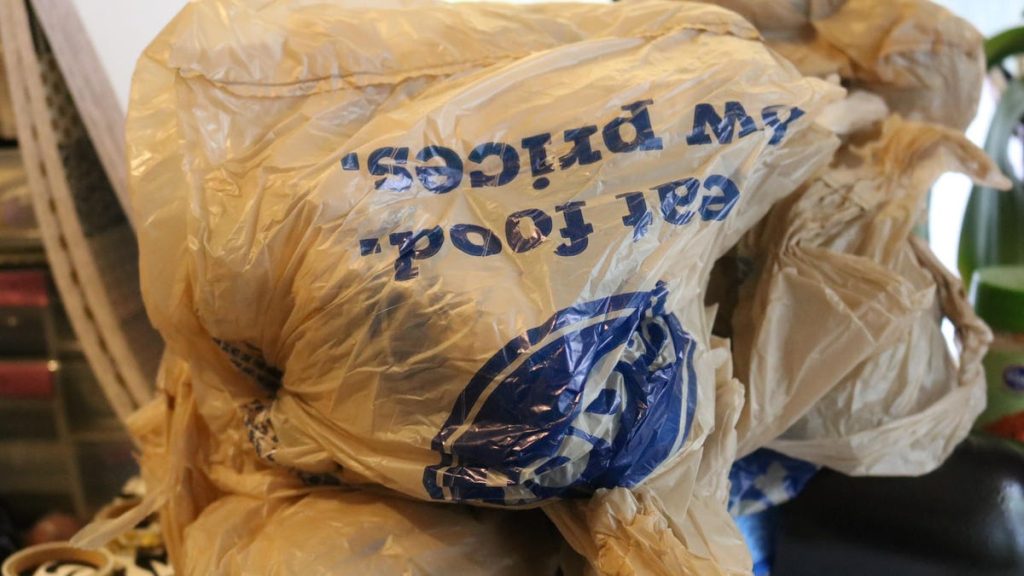Recycling plastics is an important way to help the environment, but not all plastics can be recycled. It is crucial to clean recyclable plastics properly to avoid contaminating other recyclables. Plastic that is not recycled can end up in landfills, incinerated, or in oceans, contributing to environmental issues such as carbon dioxide emissions and long decomposition times. Experts emphasize the importance of properly recycling plastics and knowing which types of plastics are accepted by local recycling centers.
To recycle plastic, it is essential to rinse out any food and liquids from containers before placing them in the recycling bin. If plastics are not clean, they can contaminate an entire load of recyclables, leading to landfill disposal. Specific instructions, such as crushing plastic bottles labeled “crush to conserve,” can help streamline the recycling process. Understanding which plastics are recyclable, based on the numbers on the bottom of containers, can prevent incorrect recycling practices.
To reduce plastic waste, individuals can opt for reusable bottles, straws, and utensils instead of single-use plastics. Using glass or hard plastic bottles that can be refilled and reused daily is a sustainable alternative to plastic bottles. Additional steps, such as using cloth shopping bags, avoiding plastic utensils, and recycling plastic bags, can further minimize plastic waste. Reusing plastic items and finding alternative uses for plastic foam, which is not recyclable, are also practical ways to reduce plastic waste.
It is important to be mindful of the environmental impact of plastic waste and take steps to limit the use of non-reusable plastics. Understanding recycling guidelines and properly cleaning recyclable plastics are key practices for effective plastic recycling. By incorporating reusable alternatives and avoiding unnecessary plastic consumption, individuals can contribute to reducing plastic waste and promoting environmental sustainability. Collaborating with local recycling centers and educating oneself on recycling best practices are essential steps in minimizing plastic pollution.


